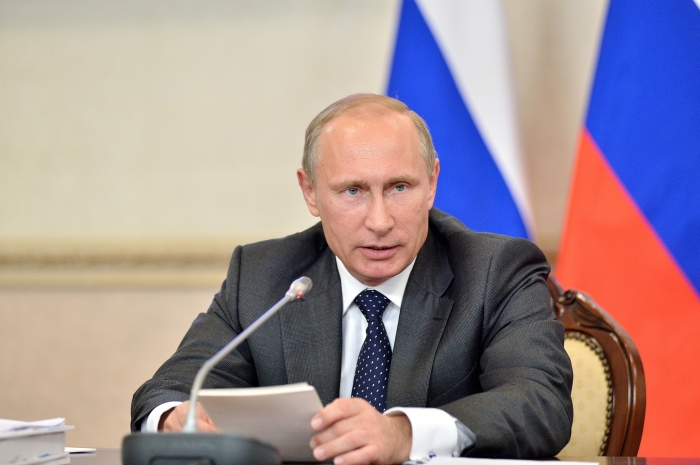Russia threatens 200% tariffs on NATO wines
Wine War? Russia mulls 200% duty on wines from NATO countries
2024-03-21

In an unprecedented move that could reshape the landscape of the Russian wine market and its international relations, the Russian government is weighing a proposal from the Association of Winegrowers and Winemakers of Russia (AVVR) to impose a staggering 200% duty on wine imports from NATO countries. This bold strategy, aimed at bolstering the domestic wine industry and curtailing the influx of what they term 'unfriendly' imports, could have far-reaching implications not only for Russian wine lovers but also for global wine trade dynamics.
At the heart of this proposal lies Russia's ambition to nurture and protect its burgeoning wine sector. By implementing a prohibitive 200% import duty, the government aims to dramatically reduce the presence of NATO country wines in the Russian market, thereby opening up more shelf space for domestic producers. Alexey Plotnikov, the executive director of AVVR, underscored the initiative's objective to fortify the Russian market against external competition, advocating for a substantial hike from the current duty rates, which were already bumped up from 12.5% to 20% in July 2023 for wines from 'unfriendly' countries.
Russian winemakers and vineyards could find themselves in a sweet spot, with proposed measures such as a 20% quota for Russian wines in retail stores starting September 2024, potentially increasing to 50%. Moreover, the push for a mandatory 50% representation of domestic wines in cafes and restaurants could significantly amplify the domestic industry's visibility and market share. However, this protective embrace comes with its own set of challenges, notably the fear of complacency and the potential stifling of quality improvements, which are essential for competing on the global stage.
The policy, if implemented, promises to significantly sour the Russian wine landscape for importers and enthusiasts alike. Leading Russian wine importers and industry analysts have voiced concerns over the inevitable spike in wine prices, including domestic labels, resulting from such heavy-handed import duties. The fear of a narrowed selection, alongside a potential overall market contraction, looms large. Critics argue that while the intention to support local winemakers is commendable, the approach risks impoverishing the Russian wine culture, historically enriched by its diversity.
As the Russian government mulls over this proposal, the spotlight turns to non-NATO wine-producing countries like South Africa, Argentina, and Chile. While these nations could partially fill the void left by European and other Western wines, analysts are skeptical about their ability to fully satisfy Russia's diverse wine appetite. The challenge is not just about quantity but also about the rich tapestry of tastes and preferences that Russian consumers have developed over the years.
The broader economic and cultural ramifications of such a heavy-duty imposition cannot be overstated. While aiming to protect the domestic wine industry, the Russian government risks alienating a segment of its population that has acquired a taste for global wines. Moreover, this move could further isolate Russia from the international community, complicating trade relations at a time when diplomacy and economic ties are more crucial than ever.
In sum, as Russia contemplates taking a protectionist stance on wine imports from NATO countries, the decision carries significant weight, with potential impacts stretching far beyond its vineyards. Whether this will lead to a flourishing domestic wine industry or leave consumers yearning for the diverse flavors of the world remains to be seen. As the situation uncorks, all eyes will be on Russia's next move in this complex game of international wine politics.
Founded in 2007, Vinetur® is a registered trademark of VGSC S.L. with a long history in the wine industry.
VGSC, S.L. with VAT number B70255591 is a spanish company legally registered in the Commercial Register of the city of Santiago de Compostela, with registration number: Bulletin 181, Reference 356049 in Volume 13, Page 107, Section 6, Sheet 45028, Entry 2.
Email: [email protected]
Headquarters and offices located in Vilagarcia de Arousa, Spain.